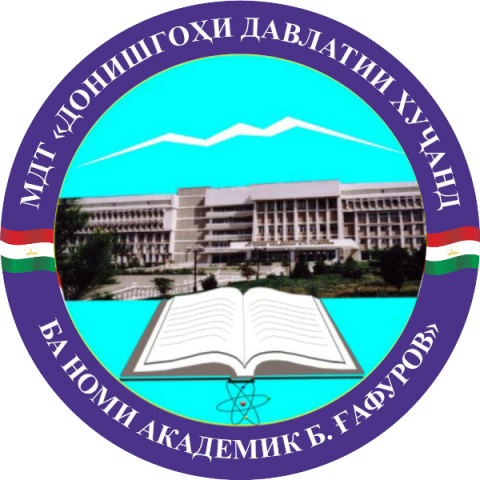2022
FORMATION OF COMMUNICATIVE COMPETENCE OF STUDENTS OF NON-LANGUAGE UNIVERSITIES IN TEACHING RUSSIAN AS A MEANS OF PROFESSIONAL COMMUNICATION
 
Authors: Ishmatova Shoira Abduganiyevna, candidate of pedagogical sciences, Associate Professor of the department of methods of teaching the Russian language and literature under the SEI ÔÇ£KhSU named after acad. B.Gafurov" (Tajikistan, Khujand)
JOURNAL NUMBER: 2(71). YEAR OF ISSUE: 2022.  LANGUAGE OF THE ARTICLE: Russian
 
 ANNOTATION
The article under consideration dwells on the key objects of development of the methodology of teaching Russian as a foreign language for non-philologists. The need for a high level of knowledge of both the native and Russian languages, as well as culture, both native and Russian, is noted in order to become a competitive specialist, since in the technical and economic spheres of activity, specialists must have the necessary professionally oriented communication skills for people to interact with each other. It is emphasized that the fundamental element of teaching students the Russian language is motivation - a psychophysiological process that, under the influence of external or internal factors, stimulates people's desire to engage in a particular activity. The role of a positive attitude to learning the language and awareness of the need to possess knowledge is determined, which is the function of motivation
KEY WORDS
Russian, competence, education, knowledge, speech activity, ability, specialist, motivation.
 ðÉð¢ð│ð╗ð©ð╣Ðüð║ð©ð╣
ðÉð¢ð│ð╗ð©ð╣Ðüð║ð©ð╣
 ðóð¥ÊÀð©ð║Ëú
ðóð¥ÊÀð©ð║Ëú  ðáÐâÐüÐüð║ð©ð╣
ðáÐâÐüÐüð║ð©ð╣ 
